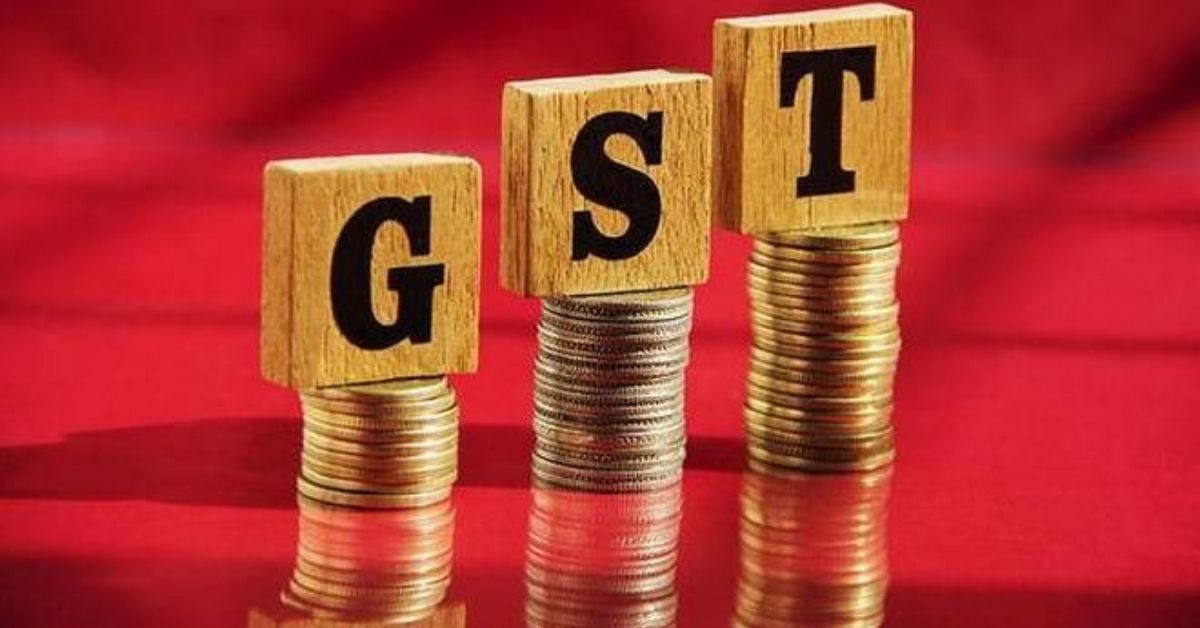Source:
Among the products that have been identified are washing machines, air purifiers, solar glass, paper, furniture, apparel and jewellery. Some of these products are on the list identified for special attention under Make in India initiative.
Inverted duty structure is a situation where inputs and raw materials attract higher tax than the finished products. In cross border trade it makes imports of finished products cheaper than raw material and disincentivises local manufacturing.
In domestic taxation like Goods and Services Tax (GST) inverted duty structure creates hurdles for manufacturers to claim credit for taxes paid on inputs.
“There are many commodities both on the GST side and customs side where inversion in the tax regime is still require to be corrected. We can’t have an inverted duty structure which has an impact on our competitiveness and affects our export capabilities,” an official had recently said.
The Ministry of Commerce and Industry has shared its list of products for addressing inverted duty structure with the Finance Ministry. The list was prepared after consultation with the industry associations and export promotion councils.
In the paper industry the import duty on raw pulp is 12% and on finished products it is 5%. This situation leads to higher imports of finished paper and its products. Total imports of paper. paper board and products was $ 3.6 billion in April-February of last year while imports of pulp and waste paper was $ 1.7 billion during the same period.
In washing machines basic customs duty on both parts and fully built units is 10% and with Integrated Goods and Services Tax (IGST) and cesses it comes to 41.1%. This takes away some of the incentive for local manufacturing.
Same situation exists in air purifiers and their parts with basic customs duty on both at 7.5%. In apparel and fabrics again the customs duty is the same
Solar glass attracts 15% import duty but the local industry is facing dumping from China and Vietnam. The Directorate General of Trade Remedies (DGTR) has started an investigation into the dumping early this year.
Some of the suggestions for addressing the inverted duty structure were made by the Commerce and Industry Ministry during the preparations of the interim budget but they were left untouched. They may come up again when the full budget for the year is presented by the new government.







